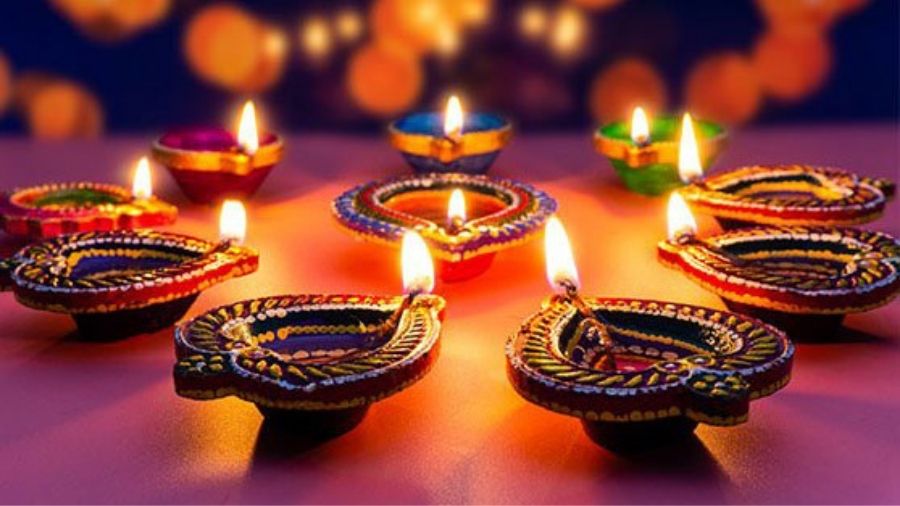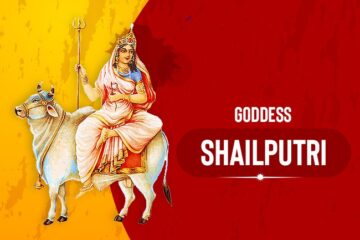Diwali, also known as Deepavali, is a major festival celebrated by Hindus, Sikhs, and Jains worldwide. This festival of lights holds a special place in the hearts of millions of people, irrespective of their religious or cultural backgrounds. Diwali, an emblem of the triumph of light over darkness and good over evil, is a festival that we will delve into to comprehend its importance, customs, and magnificence.
The significance of Diwali
- Diwali is a festival celebrated in various regions of India and among different religious groups. It is associated with religious events for Hindus and Jains and marks the triumph of light over darkness.
- Lighting lamps and candles is an important part of the festival, symbolizing the victory of knowledge and righteousness over ignorance. For some, Diwali marks the start of a new year and is a time to clean, decorate, and pray for a prosperous year ahead.
Traditions and celebrations
- Diwali is a festival celebrated with great enthusiasm and marked by various customs and traditions that differ across regions. The preparations for Diwali begin several weeks in advance with the thorough cleaning and decoration of homes.
- Lighting lamps and candles is a significant tradition during Diwali, as it represents the triumph of light over darkness and the eradication of negativity from our existence. Diwali is a widely celebrated festival that is enthusiastically observed in various regions of India and other countries around the globe.
- It is marked with the lighting of diyas, the bursting of fireworks, gift exchanges, family gatherings, and traditional feasting. One of the significant rituals of Diwali is Lakshmi puja, which is performed to seek prosperity and good fortune for the family and the business.
- However, in recent years, there has been an increasing awareness about the environmental impact and safety hazards of fireworks, leading to a shift towards eco-friendly celebrations.
- People exchange gifts and sweets like dry fruits and chocolates and indulge in traditional delicacies like samosas, jalebi, ladoos, and biryanis during the festive season, making it a joyous occasion for all. The Five Days of Diwali
Diwali is a five-day festival, with each day having its own unique significance.
- On Dhanteras, it is customary to worship Lord Dhanvantari and buy gold or silver items. The day of Naraka Chaturdashi is celebrated to honor Lord Krishna’s victory over the demon Narakasura, and people take oil baths, use fragrant oils, and wear new clothes.
- Diwali is marked by lighting homes and public spaces, and families come together for prayers and feasts. Govardhan Puja involves creating elaborate food offerings in the form of a mountain of food (Annakut) and offering them to the deities. Finally, on Bhai Dooj, the bond between siblings is celebrated with aarti, tilak, and gifts.
The diversity of Diwali
Diwali is celebrated by various religious and cultural groups in India and around the world, including Sikhs, Jains, Buddhists, and tribal communities, each with their own unique customs and traditions associated with the festival. The holiday season brings people together to celebrate life’s beauty, love, family, and triumph of good over evil.
In Conclusion
Diwali, the festival of lights, celebrates cultural diversity, religious tolerance, and the human spirit. As we come together to light diyas, burst fireworks, and exchange gifts, let us strive to bring more light and positivity into our lives and the world.




